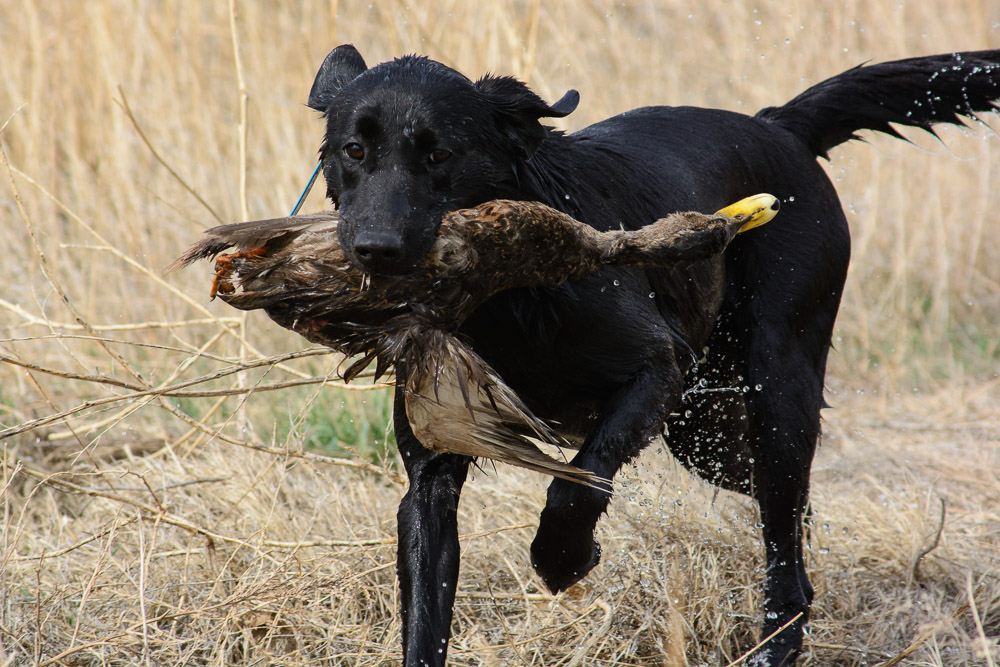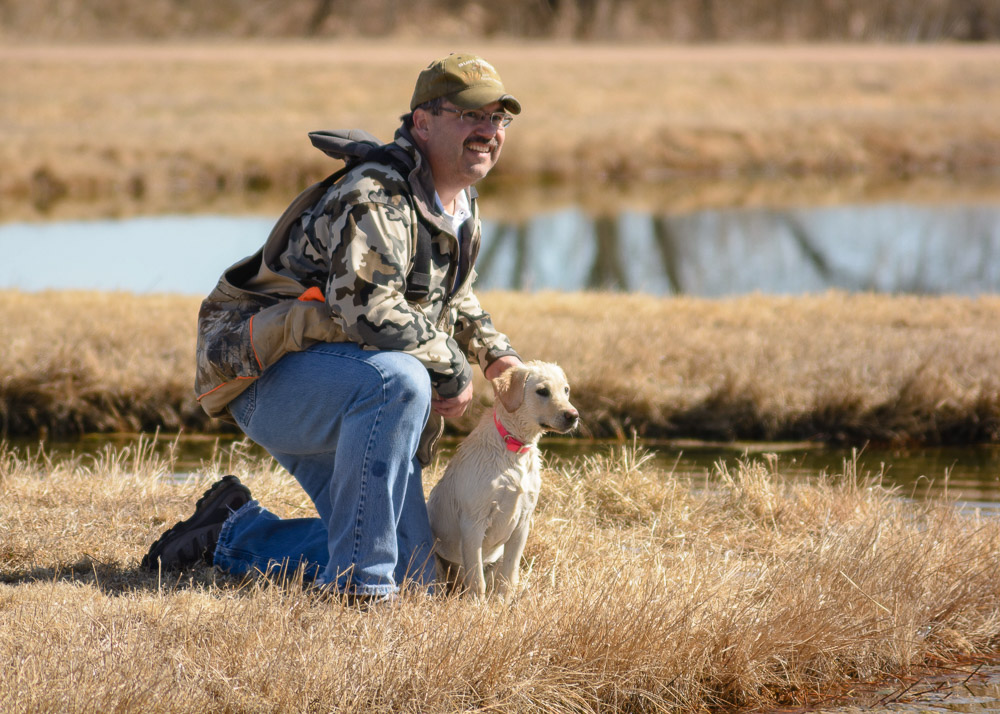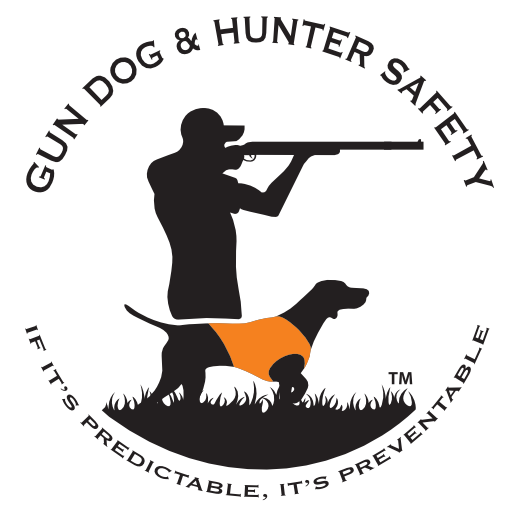Our Philosophy
In summary, our philosophy embraces a holistic approach that prioritizes prevention, continuous improvement, and a cultural commitment to safeguarding the well-being of everyone in the hunting environment.
We believe that the approach to safety while hunting should emulate the no-nonsense approach taken by industry which encompasses a comprehensive set of principles and practices aimed at preventing accidents, injuries, and ensuring the well-being of hunters and dogs alike.
Key components of this philosophy include:

- Prevention First: The primary focus is on preventing accidents and hazards before they happen rather than merely reacting to them after they occur. Proactive measures, such as risk assessments, safety protocols, and training programs, are integral.
- Risk Identification and Mitigation: Identifying potential hazards and risks and strategies to mitigate those risks is crucial.
- Continuous Improvement: Embracing a commitment to ongoing improvement including regular evaluations, feedback mechanisms, and the integration of new approaches to safety is critical.
- Safety Training and Education: Ensuring that all personnel are adequately trained and informed about safety protocols is paramount. This includes regular, recurring educational programs, and communication of safety procedures.
- Hunter’s Buy in to the Program: Encouraging active participation and input from hunters in safety matters is vital.
- Safety Culture: Fostering a culture where safety is a shared value among everyone is integral. This includes leadership commitment, personal
accountability, and the promotion of open communication regarding safety concerns. - Behavior-Based Safety: Recognizing and addressing unsafe behaviors through positive reinforcement and training. Encouraging a mindset where all
hunters actively look out for each other’s safety, and the dogs that they hunt with.
Our Approach

The guiding principles to our approach encompass three interrelated slogans:
1. Murphy’s Law – Anything that can go wrong, will go wrong: Embracing this philosophy underscores the importance of preparedness.
2. If it’s predictable, it’s preventable: Anticipating potential challenges in the field allows us to identify and mitigate risks. Adopting an attitude of “If it’s predictable, it’s preventable” shifts the mindset of everyone involved in safety from being reactive to one of brainstorming what could go wrong before it happens and taking measures to prevent, or at least lessen the chances of it happening in the first place.
3. Safety doesn’t happen by accident: Deliberate planning and anticipation are essential for preventing or mitigating field-related risks. In other words,by taking the time to proactively acknowledge and predict what can go wrong, and determine how its cause could be prevented, we can often develop measures which prevent it from ever happening in the first place!
Click here or below to take a look at the 17-minute introduction to our flagship online course Hunting Safely with Gun Dogs in the Upland Field.
